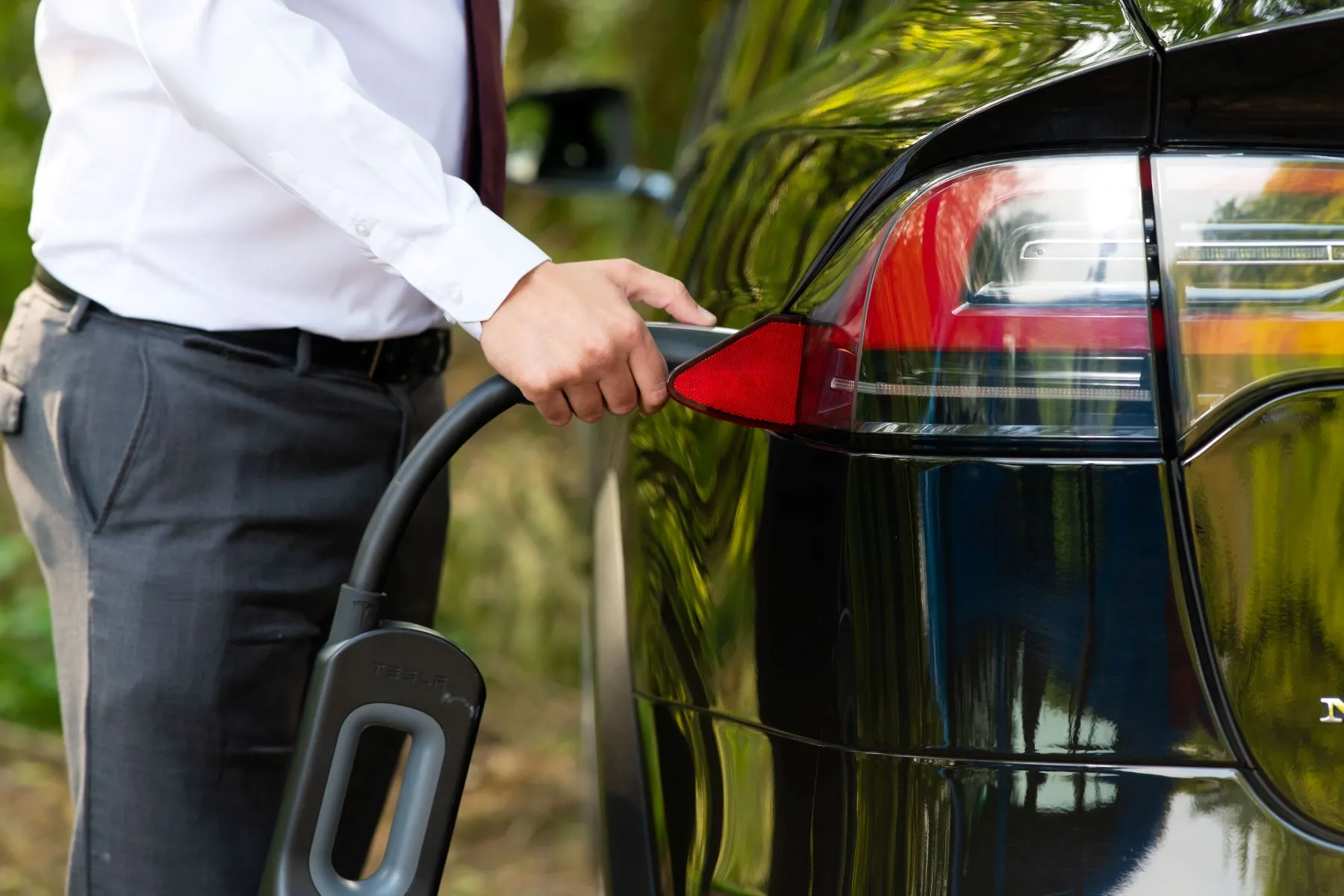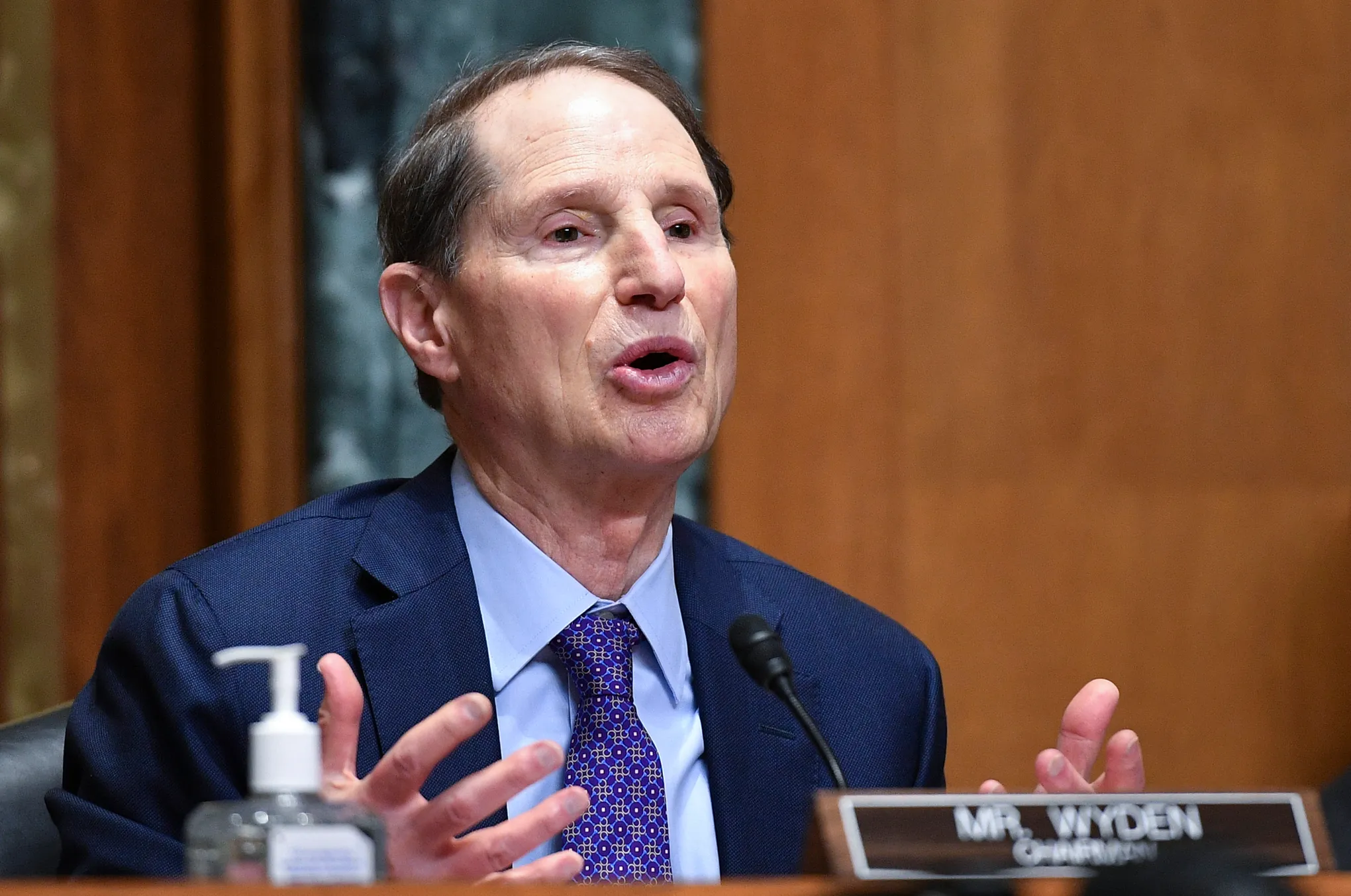The recent frigid temperatures from Chicago to northern Texas are posing challenges for electric vehicle (EV) owners, leading to reduced driving range and longer waits at charging stations. The impact has been particularly noticeable, with Teslas in Oak Brook, Illinois, and Ann Arbor, Michigan, experiencing difficulties at Supercharger stations due to the extreme cold.
The cold weather adversely affects EV batteries as lithium ions move more slowly through the electrolyte, reducing energy release and travel range. Charging speed is also compromised in extreme cold conditions, with some Tesla owners near Chicago reporting an inability to charge at all.
While experts acknowledge the challenges posed by cold weather on EVs, they emphasize that with proper planning and adjustments, owners can navigate these conditions effectively. Bruce Westlake, president of the Eastern Michigan Electric Vehicle Association, highlights that most EVs are programmed to warm the battery if the driver indicates a trip to the charging station through the vehicle’s navigation system.
Preconditioning the battery before charging can take about half an hour in frigid temperatures, but it is a crucial step for optimal charging performance. Despite some range loss during preconditioning, experienced EV drivers note the importance of planning ahead, especially in cold weather.
Looking ahead, experts anticipate advancements in technology to protect battery life and enhance performance in cold weather. New battery chemistries are in development to address cold weather challenges. As EV adoption continues to grow, automakers are likely to introduce models tailored for colder climates, potentially sacrificing some overall range for better cold-weather performance.
The short-term challenges faced by EV owners in cold weather are expected to drive innovation in battery technology, making electric vehicles more resilient and adaptable to various weather conditions. Despite the current difficulties, experts encourage EV drivers in cold-weather climates to remain optimistic about the future improvements in electric vehicle technology.



